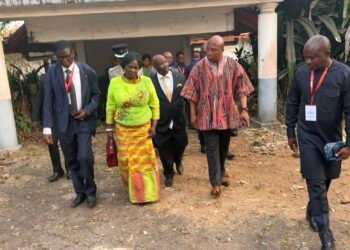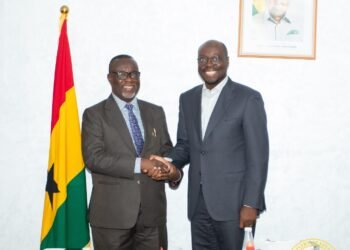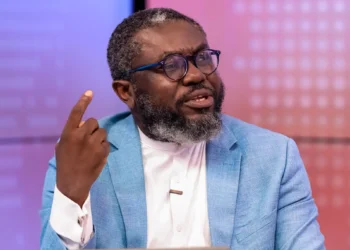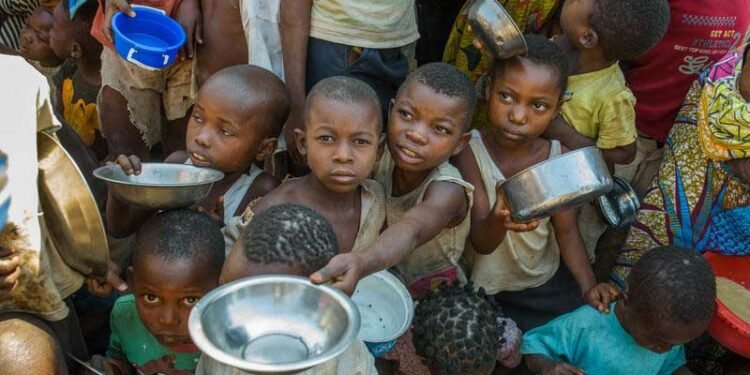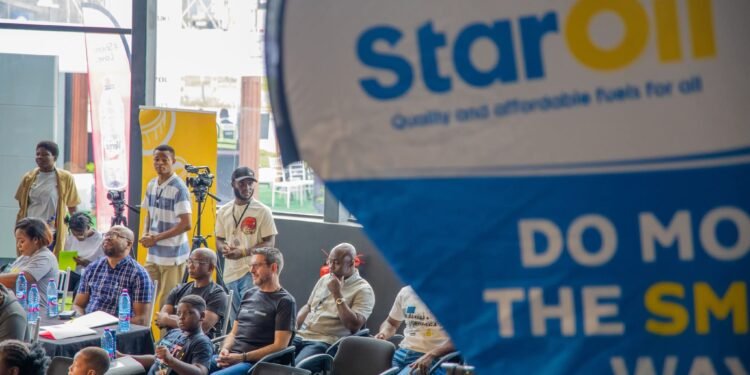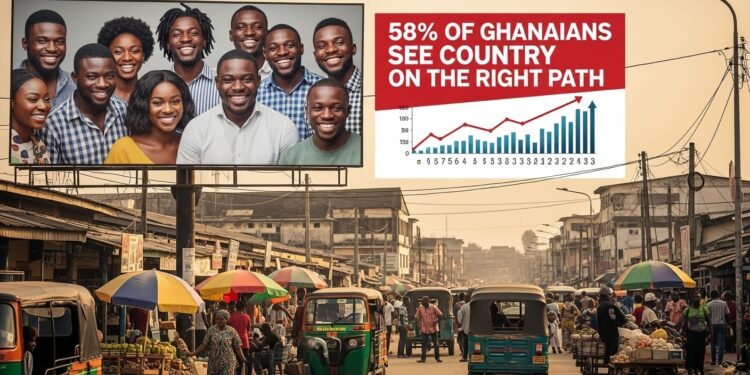The New Patriotic Party’s (NPP) decision to hold its next presidential primaries in 2026—two full years before the 2028 general elections—has sparked widespread debate, with critics warning that the move reflects deeper strategic flaws rather than genuine reform.
Lawyer and National Democratic Congress (NDC) stalwart Edudzi Kudzo Tameklo has been particularly vocal, accusing the NPP of misdiagnosing the political challenge facing its recently defeated flagbearer, Dr. Mahamudu Bawumia.
Tameklo challenged the idea that what Bawumia needs is more time to campaign and be marketed to voters, describing the notion as misleading and dangerous to party strategy.
From his perspective, Bawumia is not suffering from a lack of public exposure—but rather from public disapproval based on his track record.
“For the records, Dr BAWUMIA has worked with Nana Addo for 8 years in opposition. From 2008 to 2016. As the star witness of the election petition for the 2012 presidential election petition, Dr BAWUMIA was on our television for 8 months. I don’t know which living Ghanaian has gotten that much publicity.”
Edudzi Kudzo Tameklo
He further pointed out that the former Vice President has been at the political forefront for 16 years—spending eight in opposition and another eight in power.
In light of this, Tameklo questioned the party’s logic in concluding that Bawumia’s problem is rooted in a lack of publicity.
To him, the issue is not that Ghanaians are unfamiliar with Bawumia, but that many have grown dissatisfied with his leadership and perceived failures in economic management.
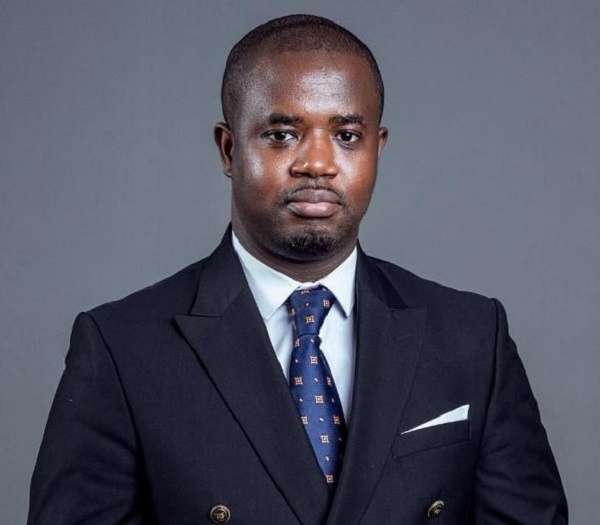
Tameklo posited that the electorate, like consumers, makes decisions based on performance, not packaging. “When you are marketed as a competent economist and you deliver the opposite, the consumers will run away from you.”
Accordingly, he argued that Bawumia’s political brand has already faced public scrutiny and been dismissed—not because of inadequate marketing, but due to what he labeled as “marketed incompetence”.
NPP Strategy Favours Party Elites
Edudzi Tameklo further pointed out that when voters conclude a candidate has failed to deliver, they naturally shift their support elsewhere.
In his view, no length of campaigning can repair the damage caused by what he considers the former Vice President’s economic shortcomings.
He argued that the NPP’s current timetable serves the interests of party executives and elite powerbrokers more than it does Bawumia, whose public image remains burdened by a persistent credibility deficit.
In his view, Bawumia’s three-year pre-election head start is more of a political smokescreen than a strategy for renewal.
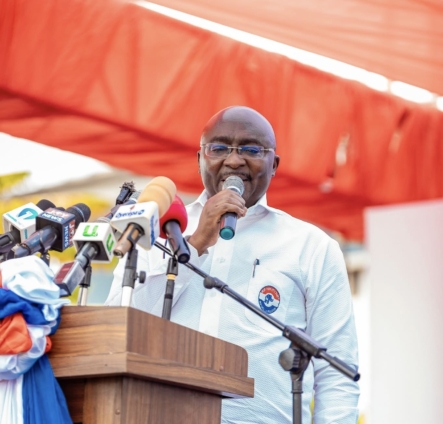
“Does three years of campaigning solve the problem of his incompetence? The answer is no. So the current arrangement is only good for the current National Executives and not even Dr BAWUMIA.
“It is good that the NPP has misdiagnosed the problem. The NDC must ONLY deliver on the mandate. Maintain the exchange rate. Keep the prices of petroleum products low. Stable electricity. Keep food prices stable.”
Edudzi Kudzo Tameklo
Accordingly, he contrasted this with the experience of the NDC, which also once made strategic missteps in the name of reform. He recalled how, in 2016, the NDC expanded its electoral college to allow all party members to vote.
The result, he said, was a devastating loss. However, by learning from that error and restructuring internally, the NDC managed to bounce back.
Within four years, the party regained many parliamentary seats and later secured both the presidency and a parliamentary majority with significant margins.
NPP Faces Possible Collapse Amid Questionable Strategy
For Tameklo, the takeaway is clear: authentic party reform must begin at the grassroots level. He warned that political parties risk collapse if they focus on elite-led, top-down approaches while neglecting foundational structures.
“How do you roof a house before building the foundation, which is the branches?” he asked, arguing that the NPP’s current strategy reverses the natural order of sustainable political building.
He even invoked former President Nana Addo Dankwa Akufo-Addo, noting that despite his disagreements with the former leader, Akufo-Addo’s political instincts were more grounded.
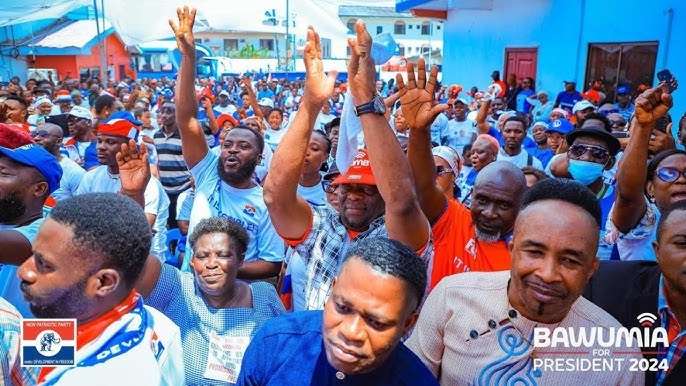
In Tameklo’s view, even Akufo-Addo wouldn’t have gambled on launching a premature presidential campaign before fixing the party’s internal machinery.
Ultimately, Tameklo warned that self-serving decisions by political elites—under the guise of reform—could lead to broader national consequences.
“Who loses with an incompetent opposition party? The Ghanaian,” he declared, underscoring the stakes of political miscalculations.
As internal party tensions simmer and leadership strategies come under increasing scrutiny, the debate around Bawumia and the NPP’s reform blueprint is likely to intensify.
While party loyalists may defend the early start as tactical, critics like Tameklo insist it’s a fundamental misreading of voter sentiment and a distraction from the hard truths facing the party.
If the NPP aims to return to power in 2028, the real challenge may not be how early they start the race—but whether they have truly understood why they lost the last one.
READ ALSO: Ghana’s Fuel Supply Uncertain as Global Oil Price Surges







